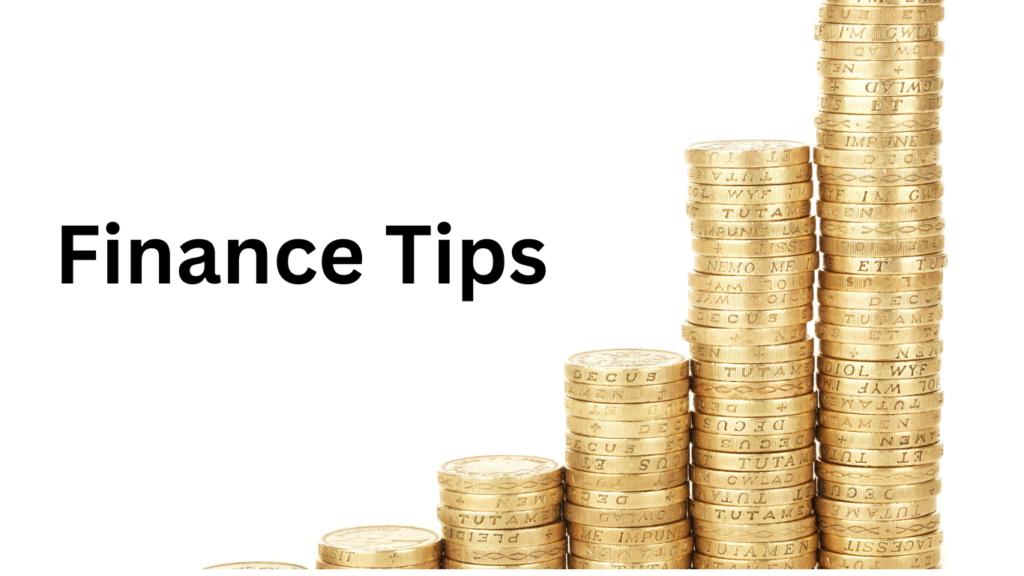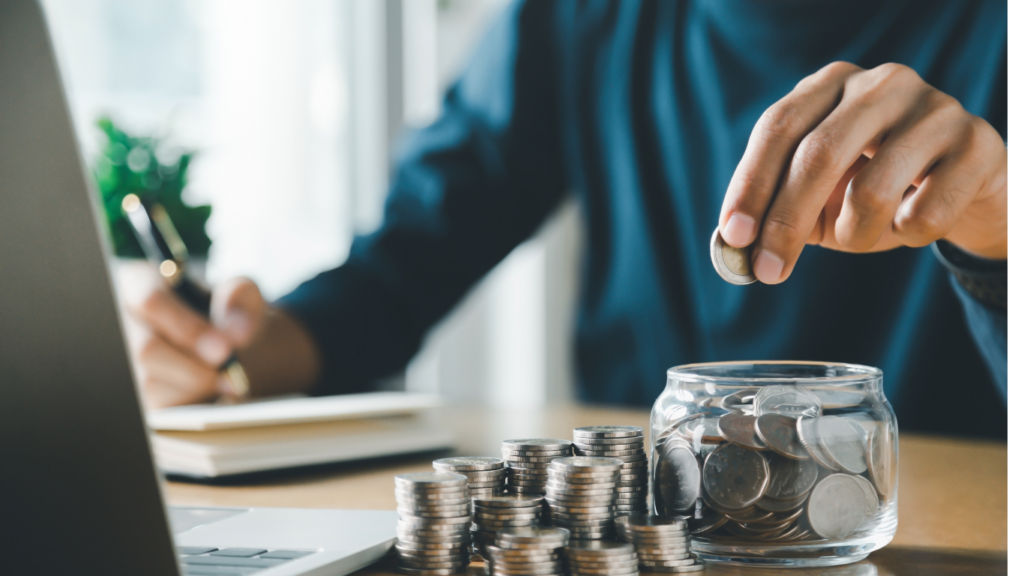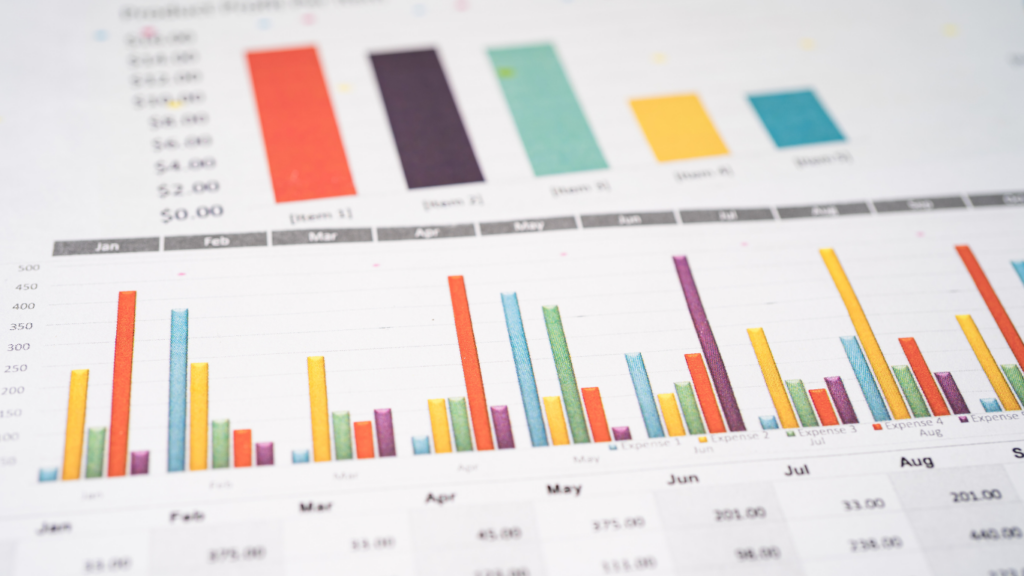Understanding Economic Uncertainty
What Is Economic Uncertainty?
Economic uncertainty refers to the unpredictable and fluctuating conditions in the financial markets, affecting factors such as inflation rates, employment opportunities, and overall economic growth.
During periods of economic uncertainty, market trends and consumer behaviors can be volatile, making it challenging to make sound financial decisions.
As an individual, understanding economic uncertainty is crucial for adapting your financial strategies to mitigate risks and secure your financial stability.
How It Affects Personal Finances
Economic uncertainty can have a significant impact on personal finances.
Factors such as:
- job security
- investment returns,
- and the cost of living can be directly influenced by economic instability.
In times of uncertainty, individuals may experience fluctuations in income, reduced employment opportunities, or changes in the value of their assets.
It’s essential to be proactive in managing your money during economic uncertainty by diversifying income sources, reducing debt, and increasing savings to safeguard your financial well-being.
By staying informed about economic developments and adjusting your financial plans accordingly, you can navigate turbulent times with greater resilience.
Evaluating Your Financial Position
1. Assessing Your Income Stability
Evaluating my income stability is crucial in uncertain economic times. I analyze my sources of income, including my primary job, side hustles, and investments.
By diversifying my income streams, I ensure that I’m not overly reliant on a single source, reducing the impact of potential fluctuations in any particular sector.
2. Reviewing Your Expenses
Reviewing my expenses regularly is a key part of managing my finances effectively. I track my spending to identify areas where I can cut back and save more.
By creating a budget and sticking to it, I can ensure that I’m not overspending, especially during periods of economic uncertainty.
Prioritizing essential expenses and reducing discretionary spending helps me build a financial buffer for unforeseen circumstances.
3. The Importance of an Emergency Fund
Having an emergency fund is essential for financial stability.
I prioritize setting aside a portion of my income into this fund to cover unexpected expenses such as medical bills, car repairs, or sudden job loss.
Maintaining an emergency fund equal to at least three to six months’ worth of living expenses provides me with a financial safety net during turbulent economic times.
It offers peace of mind knowing that I have a cushion to rely on in case of emergencies.
Budgeting Strategies for Uncertain Times
1. The Zero-Based Budget Approach
In uncertain times, it’s crucial to adopt a proactive approach like the zero-based budget.
With this method, I allocate every dollar of my income, ensuring that my expenses equal my income.
By giving each dollar a specific purpose, I can track where my money goes and adjust my spending to match my current financial situation.
This helps me stay in control of my finances, especially when facing economic instability.
2. The 50/30/20 Budgeting Rule
Adhering to the 50/30/20 budgeting rule has been my go-to strategy during uncertain times.
With this rule, I allocate 50% of my income to necessities like rent and groceries, 30% to discretionary spending such as entertainment, and 20% to savings and debt repayment.
By following this guideline, I ensure that I prioritize essential expenses, enjoy some flexibility for non-essential purchases, and save for the future, even when faced with economic uncertainty.
3. Essential versus Discretionary Spending
Distinguishing between essential and discretionary spending is paramount in managing finances during uncertain periods.
Essential expenses include bills like rent, utilities, and groceries that are non-negotiable.
n the other hand, discretionary spending covers non-essential items like dining out or shopping for luxury goods.
By categorizing my expenses, I can prioritize essential needs, cut back on discretionary spending when needed, and ensure that I allocate my resources effectively, safeguarding my finances in times of economic instability.
Debt Management and Reduction
As I navigate through economic uncertainty, one crucial aspect of managing my personal finances is staying on top of my debts.
Here, I delve into prioritizing high-interest debt, strategies for paying down debt, and when it might be beneficial to consider debt consolidation to ensure a solid financial footing.
Prioritizing High-Interest Debt
When looking to manage debt effectively, I focus on prioritizing high-interest debt.
By targeting debts with the highest interest rates first, I can minimize the amount of interest I pay over time.
This approach allows me to tackle costly debts efficiently, making a significant impact on reducing overall debt burden.
Strategies for Paying Down Debt
To pay down debt smartly, I employ effective strategies tailored to my financial situation. I utilize the debt snowball method, starting with the smallest debt and gradually working my way up.
This method helps me build momentum and motivation as I eliminate smaller debts before moving on to larger ones.
Additionally, I explore balance transfer options or negotiate with creditors to lower interest rates, making it easier to repay debts faster.
When to Consider Debt Consolidation
Debt consolidation can be a viable option for simplifying repayment and potentially reducing overall interest costs.
I consider debt consolidation when I have multiple debts with varying interest rates, making it challenging to keep track of payments.
By consolidating debts into a single loan with a lower interest rate, I streamline the repayment process and may save money on interest charges.
However, it’s essential to evaluate the terms and fees associated with debt consolidation carefully to ensure it aligns with my financial goals and circumstances.
Saving and Investing Wisdom

Adjusting Your Savings Goals
When navigating economic uncertainty, adjusting one’s savings goals is essential. It’s crucial to reassess the amount being saved regularly to ensure it aligns with the current financial circumstances.
I recommend reviewing and modifying savings goals based on any income fluctuations or unexpected expenses that may arise.
By staying flexible and adaptable with savings targets, I can better respond to changes in the economic landscape.
Understanding Investment Risk
Understanding investment risk is key to making informed financial decisions during uncertain times.
I believe it’s important to comprehend the different types of risks associated with investments, including market volatility, inflation risk, and liquidity risk.
By recognizing and assessing these risks, I can make strategic investment choices that align with my risk tolerance and long-term financial goals. It’s essential to stay informed and seek professional advice if needed when evaluating investment opportunities.
Diversifying Your Portfolio
Diversifying my portfolio is a fundamental strategy to mitigate risk and enhance my investment outcomes in uncertain economic conditions.
By spreading investments across various asset classes, industries, and geographical regions, I can reduce the impact of market fluctuations on my overall portfolio.
I aim to balance risk and return potential by diversifying my investments, thereby safeguarding my finances against unforeseen market changes.
I prioritize diversification as a cornerstone of my investment approach to build a resilient and robust portfolio.
Earning Additional Income
Side Hustles and Gig Economy
When looking to boost my income during uncertain economic times, one effective strategy I rely on is exploring side hustles and opportunities within the gig economy.
Engaging in side gigs not only provides me with extra cash but also allows me to diversify my income streams.
Platforms like:
- Uber
- TaskRabbit
- Airbnb
Offer flexible ways to earn money outside of my regular job.
By leveraging skills or hobbies I enjoy, I can maximize my earning potential and cushion any financial impact from economic instability.
Upgrading Skills for Better Opportunities
In times of economic uncertainty, investing in upgrading my skills has proven to be a valuable asset in securing better job opportunities and increasing my earning potential.
Whether through online courses, workshops, or certifications, enhancing my skill set not only makes me more marketable but also equips me to adapt to changing workforce demands.
By staying proactive and continuously improving my skills, I position myself for growth and advancement, ensuring financial stability in the face of economic challenges.
Protecting Your Assets
Insurance: A Safety Net for Your Finances
As someone keen on safeguarding my assets, insurance stands out as a crucial tool in my financial strategy.
Insurance acts as a safety net, providing protection against unexpected events that could jeopardize my financial stability.
By investing in insurance policies such as health insurance, life insurance, property insurance, and disability insurance, I can mitigate risks and avoid potential financial setbacks in times of need.
Legal Considerations in Asset Protection
Considering legal aspects is paramount in safeguarding my assets.
Seeking professional advice on estate planning, creating wills, trusts, and forming legal entities can help protect my assets from unforeseen circumstances.
Understanding the legal framework surrounding asset protection ensures that my financial well-being is secure and that my hard-earned assets are shielded from potential risks and vulnerabilities.
Mindful Spending in Times of Crisis
Identifying Emotional Spending Triggers
When facing economic uncertainty, it’s crucial to be aware of emotional triggers that may lead to unnecessary spending.
Acknowledging these triggers is the first step in controlling impulsive buying behaviors.
By recognizing feelings of stress, anxiety, or fear that prompt me to overspend, I can actively work on finding healthier coping mechanisms.
Understanding my emotional responses to financial instability helps me make more mindful spending choices and prioritize essential expenses over impulsive purchases.
The Long-Term Impact of Spending Decisions
Every financial decision I make during times of crisis can have a lasting impact on my overall financial well-being.
Being mindful of the consequences of each purchase allows me to consider the long-term effects on my financial stability.
By evaluating the necessity and value of each expense, I can ensure that my spending aligns with my long-term financial goals.
Making informed spending decisions today contributes to a more secure financial future and strengthens my ability to weather economic uncertainties with greater resilience.



 Conniella Hoffmanney (Author & Lifestyle Editor)
Conniella Hoffmanney is an author and the Lifestyle Editor at The Vital Insight Hub. Specializing in cultural trends and lifestyle journalism, Conniella curates the platform’s content on entertainment, art, and social dynamics. Her creative vision and engaging writing style give readers a unique and enriching perspective on the cultural events that shape our world.
Conniella Hoffmanney (Author & Lifestyle Editor)
Conniella Hoffmanney is an author and the Lifestyle Editor at The Vital Insight Hub. Specializing in cultural trends and lifestyle journalism, Conniella curates the platform’s content on entertainment, art, and social dynamics. Her creative vision and engaging writing style give readers a unique and enriching perspective on the cultural events that shape our world.

